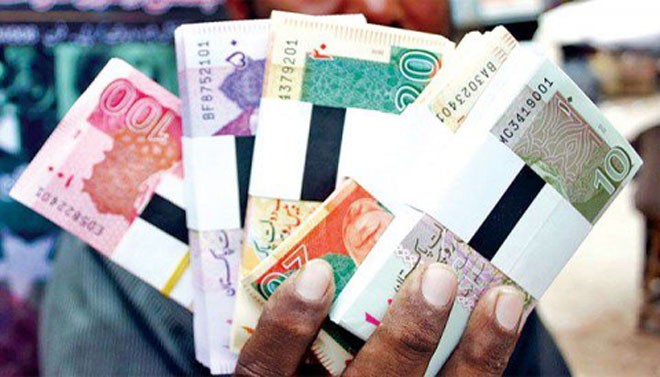

As another Ramzan ends, it remains clear that selling religion is the most commercially successful business. As long as religion is the tag line on the commercial activity, you can mix a lot of things with it. It envelopes everything from commercial products to personal political agendas. And because religion is involved, few are willing to criticise.
Mixing religion with entertainment carries its own dangers -- once it is a democratised commodity on every television set in the country, everyone will comment on it too. Commenting on something is not, by and of itself, necessarily a bad thing. There are exceptions to commenting freely, of course, in matters where expertise is a pre-requisite. In those exceptional situations, state law requires disclaimers or other regulatory requirements. Example: you cannot give advice related to shares’ trading by making random quips on television, you also cannot throw around medical advice unless you meet certain thresholds. Should this apply to religion? That is one to think about.
However, in a country where the state has always sold religion to the masses as its justification behind almost everything, gaining credence or credibility often becomes linked to religion. Arguments in discourse are then derived from religion, often by those who are no experts in it. Practitioners of a particular faith might have their hearts in the right places -- but this is no license to say which actions constitute violations of tenets of a religion. Multiple television show hosts, who are no experts in religion or state law, have felt it their duty to comment on what constitutes blasphemy or an attack on Islam in one or the other situation.
PEMRA’s solution to this, i.e. prohibiting declaring anyone a non-Muslim, will only be partially effective -- since the state has taught its Muslims to feel free to regularly comment on who is a good or a bad Muslim. This happens so often, in daily conversations, that you will not notice it unless you constantly remind yourself to be aware of it.
Television channels, taking a cue from the state, know that selling religion is a safe bet. They run vulgar (not to be confused with obscene or showing too much skin) transmissions in the name of Ramzan, where everything is kosher. The message seems to be that if you can encash anything related to religion (power, selling products, improving ratings etc.) then you should. And push the boundaries while you are it. If it damages the spirit of the holy month of fasting, since entertainment will cover that -- because it is mixed with religion itself. How can "celebrating" Ramzan be damaging to Ramzan’s spirit?
The solution to these problems is not imposing bans but to change discourse -- the bigger part of this will be conversations. Such conversations will need to name and shame people who pretend to be experts on religion or law to apportion guilt. And a smaller part of this can be a personal decision to not watch such shows -- which point out "bad Muslims" or sell religion in vulgar ways. If ratings fall then the television channels will care. In the age of social media, most publicity is good publicity -- as long as you are getting hits, those being talked about will remain prominent. So a host can raise hits by trying to be controversial. However since each one of us is a broadcaster, posts critical of such actions can lead to ensuring there is a good balance.
The other thing which has been on my mind this week is the spirit of Eid. I think all of us need to reassess how we see Eid. Is it a season for spending on ourselves or for helping others? These priorities make a big difference. Buying bangles, mehndi, clothes etc. for our loved ones is important. But that is a rather limited view. The idea of Eid-ul-Fitr, as it is marketed and understood, relates to spending on self and one’s family. There is almost no concept of this being an occasion to reach out to the vulnerable and under-privileged. Interestingly, the idea of Eid-ul-Bakr is marketed differently -- maybe because of its very nature. But why stop at meat?
On this Eid too, we do not need to run to charities to help others. People who work with us, in our homes and offices, deserve our support at such times. We should all ask them if they need anything for Eid, if their kids have new clothes, shoes, mehndi etc. If each one of us can do this within our own limited existence, it will make a big difference. Often times we do nothing because we think a problem is too big, so handing someone random a few hundred or thousand rupees is the solution.
Those who work with us as domestic staff spend their entire days ensuring that things are in order -- that our day does not fall apart. As employees, I am sure many of you are quick to demand pay-raises (and rightly so) when you think you are putting in extra hours. Domestic staff in Pakistan spends decades of their lives with little improvement in their working conditions. This will only change if we decide to do something about it.
I hope everyone had a good Eid break. But being on holiday is no reason to stop having arguments so I hope we can all continue that.